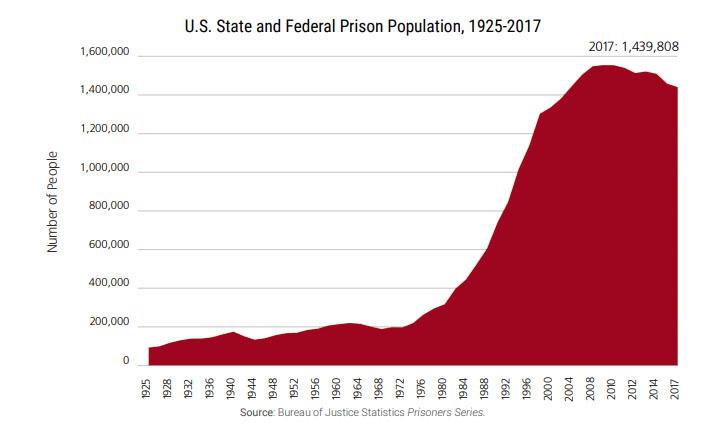
3 minute read
We Did Start the Fire: A Brief Analysis of the US-Iran Relationship
We Did Start the Fire.
A brief analysis of the contentious US-Iran relationship.
Advertisement
By Connor Marion
Artwork by Lily Hambric
On January 3, 2020, the world feared the beginning of a third world war. No, not the battle against a deadly pandemic that has since spread rampant across the entirety of the world. Even though it feels like years ago, this date represented the beginning of what could have been a war between the US and Iran. The United States had ordered and carried out the assassination of Iran’s top military general—Qasem Soleimani. General Soleimani was considered to be next in line to the current Iranian supreme leader and was vital to the strategic military planning of the regime. Iran responded promptly, launching twenty missiles at two large military bases. This attack resulted in multiple American casualties but, thankfully, zero deaths. While many believe Iran to be a violent and baseless aggressor, it is important to revisit previous conflicts that reveal that maybe the US is wrong for continuing to interfere in internal Iranian affairs.
Starting in 1953, the relationship between the US and Iran began to grow increasingly tense. In a collaborative effort between the United Kingdom and the United States, the CIA conducted a covert operation that sought to overthrow the democratically elected supreme leader of Iran at the time. As a result, the US propelled a new, harsher leader into leadership who created an even more aggressive and vile regime that created even more fear and suffering for the people of Iran.
Tensions continued to build between the countries until it ultimately reached a culminating breaking point. Following what Iranians consider to be multiple US aggravations, protests in Tehran, the capital city of Iran, erupted into violence. On November 4, 1979, Iranian anti-American demonstrations turned violent in front of the United States Embassy. Iranian students then captured and held fifty-two American diplomats hostage for 444 days, a climactic event that gave birth to the birth of exacerbated anti-American and antiIranian—anti-Muslim—xenophobia, respectively.
Since then, the US has tried to repair these relations. In 2000, Madam Secretary Albright announced that “she was lifting the ban on Iranian imports,” thus beginning the long road to rectifying the already damaged Iranian-US diplomatic relationship. For a year, this relationship looked hopeful—then 9/11 happened. In a colossal rush to judgement, President George W. Bush declared war on Iraq and began to pursue who he believed to be the root of terror—Saddam Hussein. This American involvement began to alienate the majority of the Middle East population against America, and the war crippled living conditions throughout the region.
Towards the end of President Bush’s term and the beginning of President Obama’s, negotiations took place that sought to relieve US economic sanctions in exchange for a moratorium on Iran’s uranium enrichment. This agreement represented a transition again towards a better tomorrow, a tomorrow when Middle Eastern xenophobia would dissipate and when American foreign involvement would no longer be necessary.
Then President Trump took office. Iranian-US history is, to say the least, complex. The US will never be able to completely regain the trust of the Iranian people, but we could at least rebuild a diplomatic relationship that could usher in Middle Eastern stability and a withdrawal of American troops. In order to achieve this stability, America will need diplomacy and not violence. The US needs to prioritize the negotiation of treaties instead of the dissolution of them. The current path of war-mongering didactic ideology that promotes violence in order to arouse patriotism is just not going to work.
In a time where uncertainty looms day to day, and COVID-19 remains the only thing on every American’s mind, we cannot neglect to reevaluate this important event and remember that we must begin to rebuild our influential role as a global superpower, or else we will exchange peace and prosperity for humanity-ending violence.










